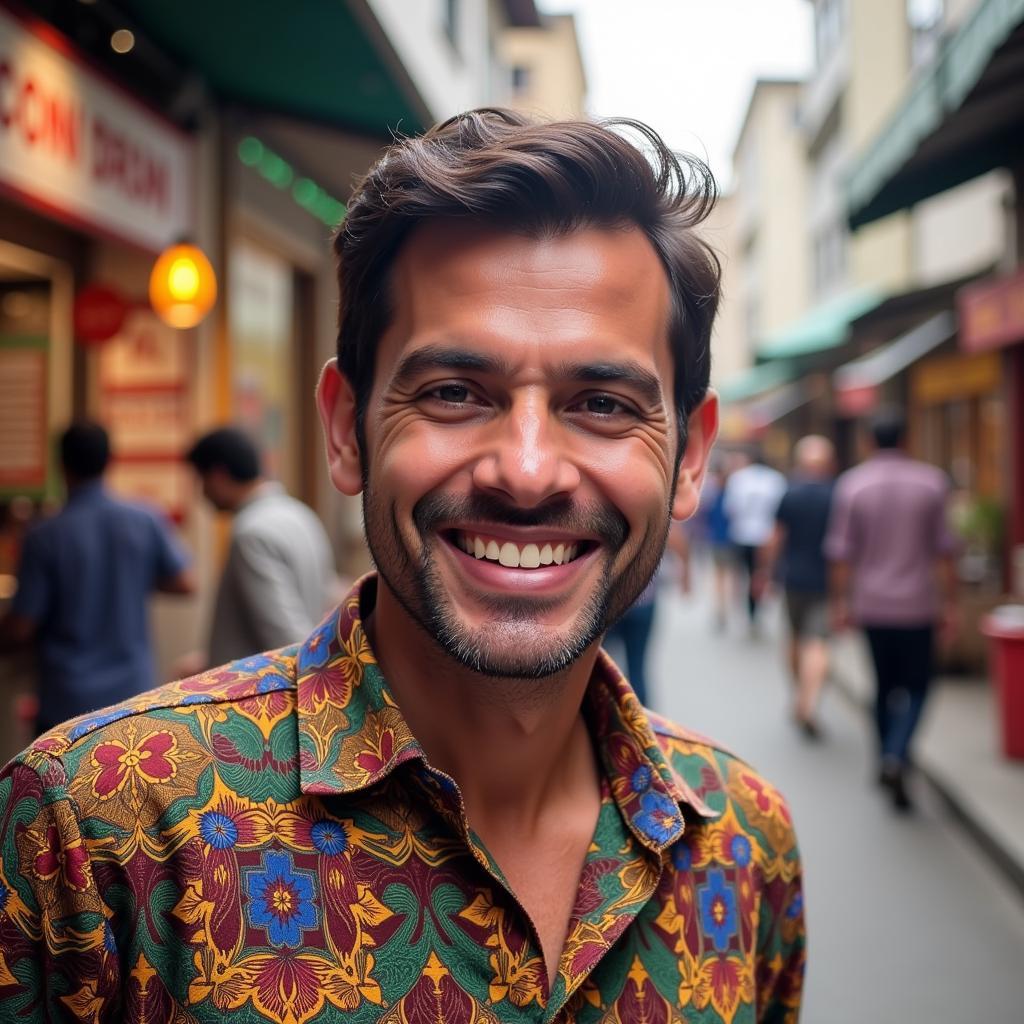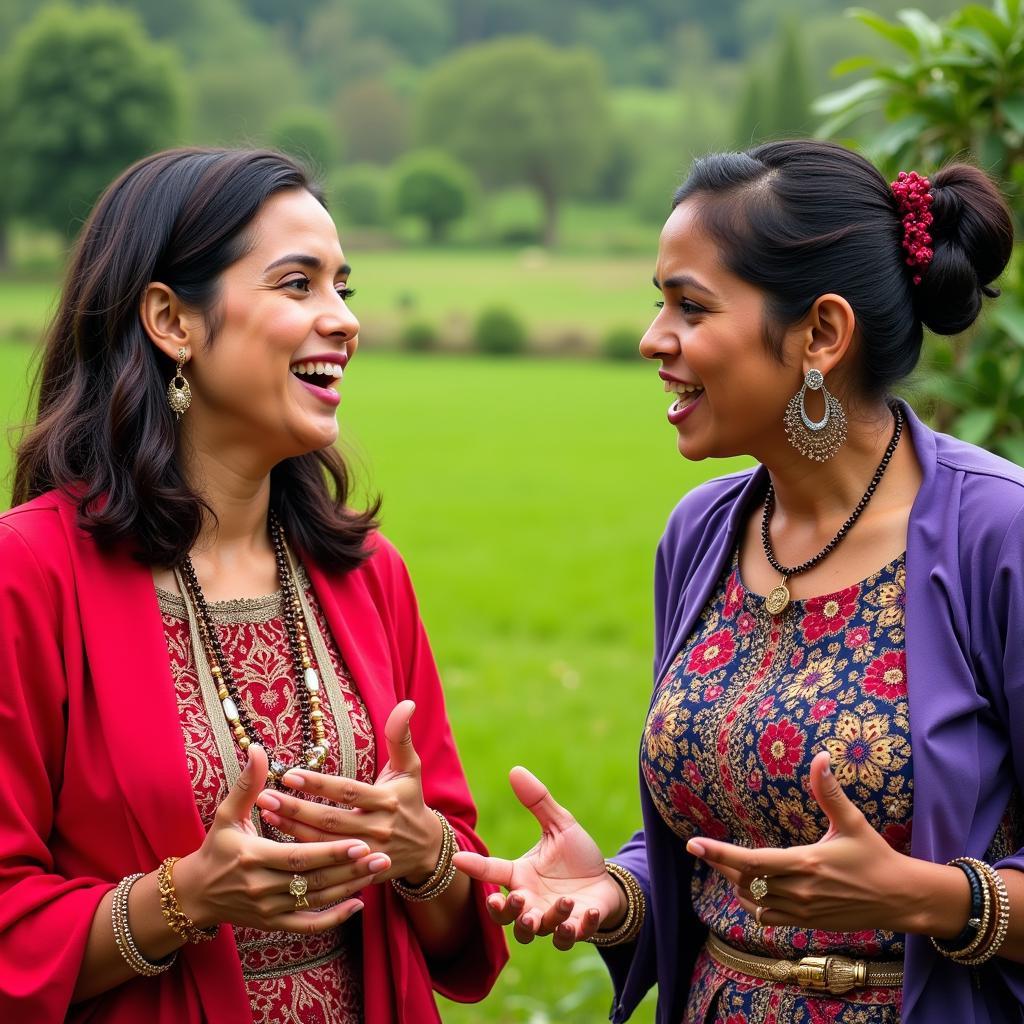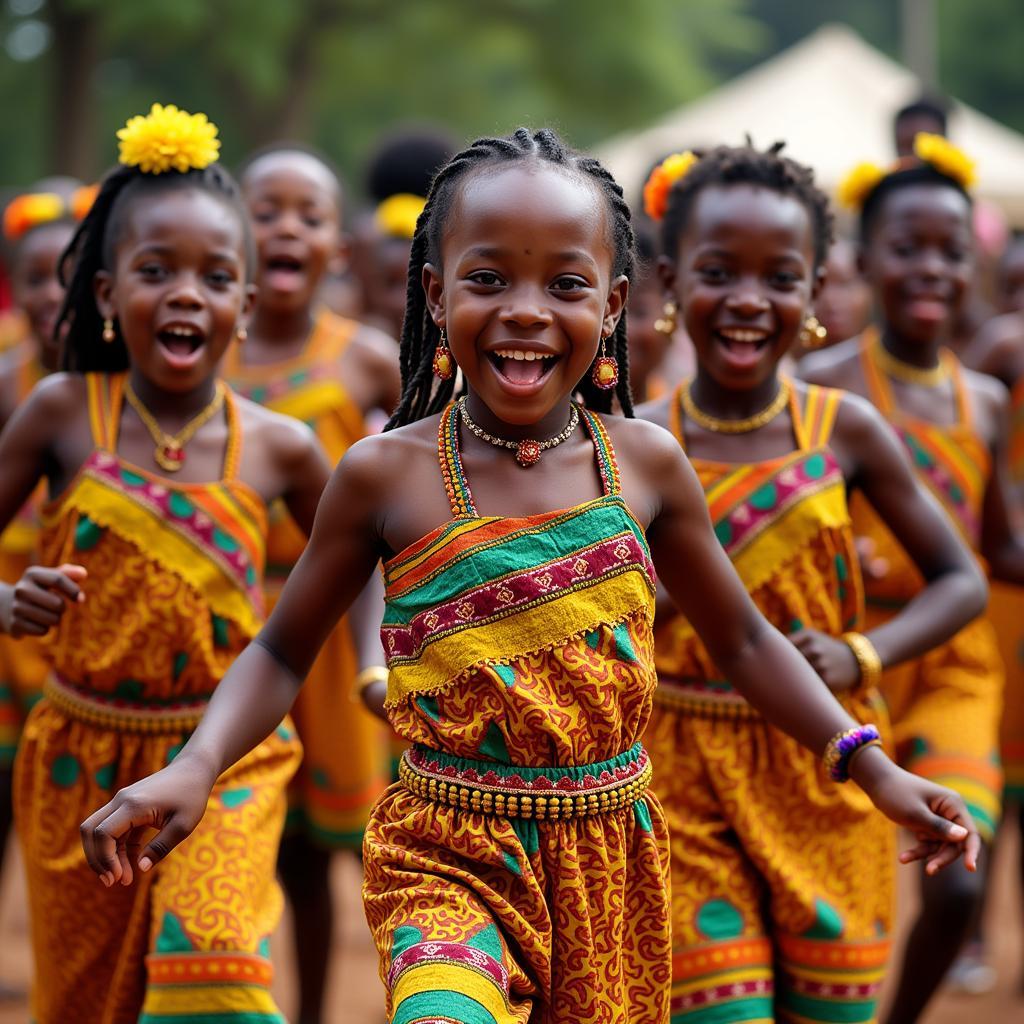What Does “African Guy Says OK” Mean? Unpacking Stereotypes and Cultural Nuances
The phrase “African Guy Says Ok” might seem harmless at first glance, but a deeper look reveals how it perpetuates harmful stereotypes about Africa and its people. This seemingly innocuous phrase highlights a common misconception: the idea of a monolithic African culture. Africa is a vast and diverse continent, home to 54 countries, each with its unique languages, customs, and social norms. To assume that all African men would react or speak in a uniform way is not only inaccurate but also dismissive of the rich tapestry of cultures that make up the continent.
The Danger of Stereotypes: Why “African Guy Says OK” is Problematic
The phrase “African guy says OK” feeds into a narrative that simplifies and homogenizes African experiences. It suggests that:
- All Africans are the same: This ignores the immense diversity within the continent, erasing the unique identities of over 1.3 billion people.
- African men are simple and uncomplicated: Reducing individuals to a single phrase like “says OK” implies a lack of depth and complexity in their thoughts, emotions, and experiences.
 Smiling African Man
Smiling African Man
These stereotypes, even when presented lightheartedly, contribute to a wider problem of prejudice and bias. They limit our understanding of Africa and its people, hindering meaningful cross-cultural exchange and respect.
Beyond “OK”: The Richness of Language and Communication in Africa
Africa boasts an incredible linguistic diversity, with over 2,000 languages spoken across the continent. This linguistic richness is deeply intertwined with cultural values, social structures, and historical narratives.
 Women Sharing Stories
Women Sharing Stories
To suggest that “African guy says OK” is to disregard this linguistic tapestry. It ignores the nuances of communication, the use of proverbs, the importance of non-verbal cues, and the role of storytelling in many African cultures.
Engaging with African Cultures: A Call for Respect and Curiosity
Instead of relying on simplistic phrases and stereotypes, let’s approach our understanding of Africa with respect and a desire to learn. Here are a few ways to start:
- Educate yourself: Explore the history, cultures, and languages of different African countries.
- Seek out diverse voices: Listen to African writers, musicians, artists, and thinkers.
- Challenge your own biases: Be mindful of the language you use and the assumptions you make.
[african guy with two girls]
Remember, understanding “African guy says OK” requires understanding that it’s not a true reflection of African communication. It’s a call to move beyond stereotypes and engage with the continent and its people in all their complexity and richness.
FAQs
1. Is it offensive to say “African guy says OK”?
While it might not be intended maliciously, the phrase can be perceived as insensitive and reductive, perpetuating harmful stereotypes about Africa and its people.
2. How can I learn more about the diversity of African cultures?
There are numerous resources available, including books, documentaries, and online platforms dedicated to showcasing the richness of African cultures.
3. What are some respectful ways to interact with people from different African backgrounds?
Approach conversations with genuine curiosity, be mindful of cultural differences, and avoid making assumptions based on stereotypes.
4. What are some examples of the linguistic diversity in Africa?
Africa is home to language families like Afro-Asiatic, Niger-Congo, Nilo-Saharan, and Khoisan, each with its own branches and diverse languages.
5. How can I challenge my own biases about Africa?
Reflect on your own preconceived notions, engage with diverse perspectives, and be open to learning and unlearning.
Need Help? Contact Us!
For further assistance or to learn more about African culture and travel, our team is here to help.
Phone Number: +255768904061
Email: kaka.mag@gmail.com
Address: Mbarali DC Mawindi, Kangaga, Tanzania
We have a 24/7 customer support team ready to answer your questions.

